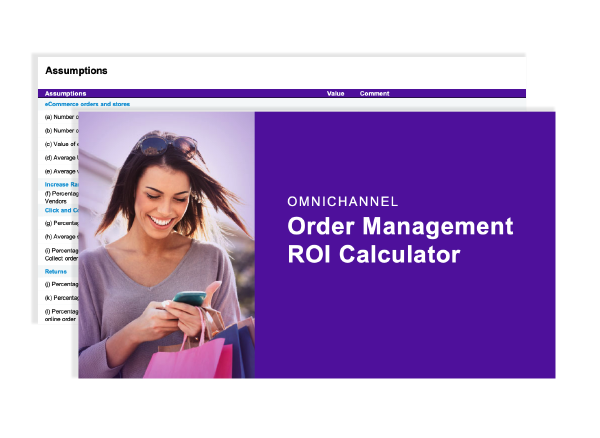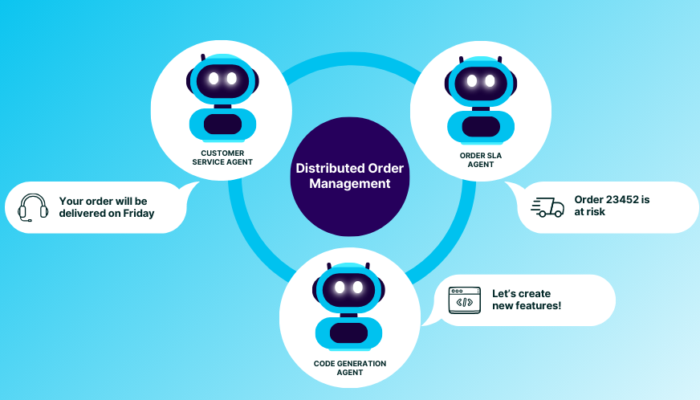With more retail closures being announced daily, one thing is clear. Only those retailers with a differentiated customer experience will survive. These experiences may vary greatly. From personal stylists, to bargain treasure hunts, but no matter what, the experience has to do two things. One, it has to create an emotional connection, or a ‘feel good’ moment between the customer and the retailer, and two, it has to get the basics right. But what part of the experience is most important?
That’s an interesting question. One that airlines have been studying for years.
Airline Customer Touchpoints
When David Neeleman speaks, people listen. Especially when it comes to customer satisfaction. Founder of four airlines, including JetBlue, Neeleman’s focus on metrics is relentless.
At the Qualtrics Customer Experience Summit in March 2019, Neeleman shared how, at his current airline venture, Azul, each flight attendant has their own personal Net Promoter Score (NPS). All executive offices have a dashboard that tracks key data points. The NPS per airport is updated in real-time. But of the key customer touchpoints for an airline, what’s the one he tracks most closely?
The Baggage Claim Delivery Experience
It doesn’t matter how good the rest of the experience is — from the reservation, through to the completion of the flight — if it takes more than 20 minutes for a customer’s bags to reach the baggage carousel, you’ve failed them. The result is a drop in satisfaction levels, and Net Promoter Scores. That’s why the time it takes to unload checked baggage makes it onto Neeleman’s dashboard. If there are baggage handling delays, he wants his team to know right away. The faster he knows it’s happening, the faster he can discover the cause and fix the problem. The long-term loyalty of his customer base depends on it. But why does the last step in a customer’s journey have such a large impact on NPS?
The Primary Effect Only Goes So Far
You’ve probably heard the expression, First Impressions Count. And they do. It’s called The Primary Effect and it refers to the fact that people tend to remember the first information presented to them far better than information presented later. Your customers’ first experience with your brand and products is really important. It drives sales. And marketers spend countless hours perfecting that first touch. But in a study by Luchins, it turns out that there is something more important that The Primary Effect. One that impacts Net Promoter Scores.
The Recency Effect
Psychologists define the Recency Effect as an ‘order of presentation’ effect. It occurs when more recent information is better remembered and (importantly) receives greater weight in forming a judgment than earlier-presented information.
Think about trial lawyers…
How much time do they spend perfecting their closing argument? A lot. Because they understand the effect on a juror’s decision. Strong closing remarks have the power to change the outcome of a trial. Why? They’re the easiest to recall. And what we’re exposed to most recently impacts our decisions. Because it turns out, our minds are lazy… no surprise when you consider how many decisions we make each day.
Think about all the little decisions you make. For instance, can you afford to hit the snooze button on your alarm clock one more time? What are you going to wear? Have for breakfast? What errands do you need to run? Do you have meetings to schedule? Who should you invite to those meetings? The list goes on and on. In fact, according to some sources, we make around 35,000 decisions every day. Given that number, it’s not surprising that the brain takes a few shortcuts. They’re called ‘cognitive biases’.
The Availability Heuristic
According to Wikipedia, “The availability heuristic is a mental shortcut that relies on immediate examples that come to a given person’s mind when evaluating a specific topic, concept, method or decision.” In short, when evaluating your brand, customers will be biased by their most recent experience. In the case of an airline customer, it’s often the Baggage Claim experience. For an eCommerce customer, it’s when they receive their order. So while a great customer experience leading up to the purchase is important for maximizing sales, the delivery experience may have a greater impact on your Retail Net Promoter Score and repeat purchases.
Don’t Discount the Delivery Experience
Whether it’s a click and collect, or a ship to home order, reliability is key. These days, late deliveries or canceled orders due to poor inventory visibility are inexcusable. Or, more importantly, an invitation for customers to do business with your competitors. So, to keep your customers, you need to set clear, accurate expectations, then meet them. This means that if delivery challenges arise, orders need to be rerouted automatically, so they don’t impact your customer. You need to get the basics right.




